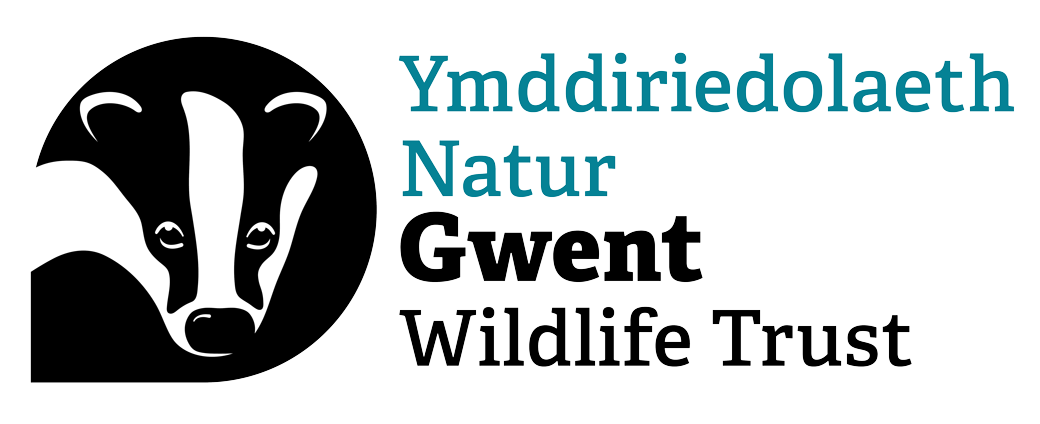Search
Chwilio
My motivation
I’m Libby, and I’m currently completing a research development internship in sustainable aquaculture (basically farming in water) at the Scottish Association for Marine Science (SAMS) in Oban. In…
Get active for wildlife this October!
Customise your fundraising challenge to help The Wildlife Trusts restore nature!
Contact your MP
By writing to your MP or meeting them in person, you can help them to understand more about a local nature issue you care passionately about.
Gwent’s leading conservation charity has a new Chief Executive - Strengthening leadership at the Wildlife Trusts in Wales.
Natalie Buttriss is Gwent Wildlife Trust’s new CEO and will take up her role on October 14th and looks forward to working with all staff, volunteers and trustees at Gwent and with the four other…
My playground
Sam is a regular at Teifi Marshes Nature Reserve, where he loves to crawl and walk in the grass and you never know who you might meet. The world is one big playground full of exciting sights,…
Shaggy inkcap
As its name suggests, the shaggy inkcap, or 'lawyer's wig', has a woolly, scaly surface to its bell-shaped toadstools. It is very common and can be seen at the road side, in…
Call for Citizen Scientists for Gwent-wide Nightjar Census
Gwent Wildlife Trust and Gwent Ornithological Society are working together to support the threatened Nightjar with a major ecological recording effort in 2025.
Plenty of Life on Marsh
Gwent Wildlife Trust hosted their first family festival at Magor Marsh Nature Reserve called Life on Marsh, which celebrated the natural heritage of the Gwent Levels.
The event was held as…
A leading Welsh family-run business has extended the hand of generosity to Gwent Wildlife Trust
Hopkins Machinery have built on their relationship with us by becoming Platinum Business members of our charity.
My future
Charlotte is spending her placement year from the University of Cardiff with Gloucestershire Wildlife Trust learning valuable surveying and monitoring techniques that she can add to her CV and…
Youth Engagement Officer
This post has received funding from the National Lottery Community Fund, Climate Action Fund.
Do you have a passion for enabling young people to find their voice, ease their eco-anxiety…
